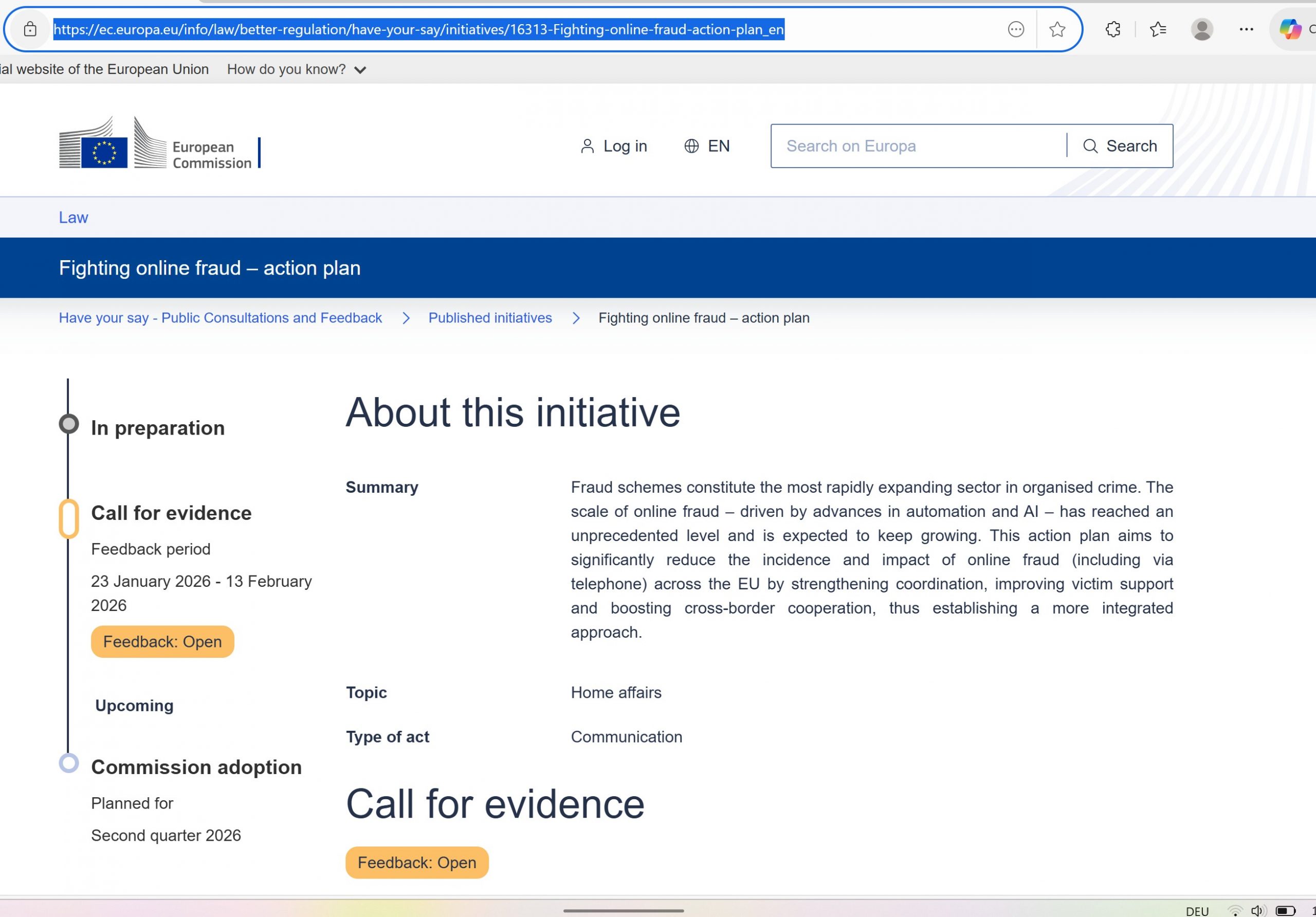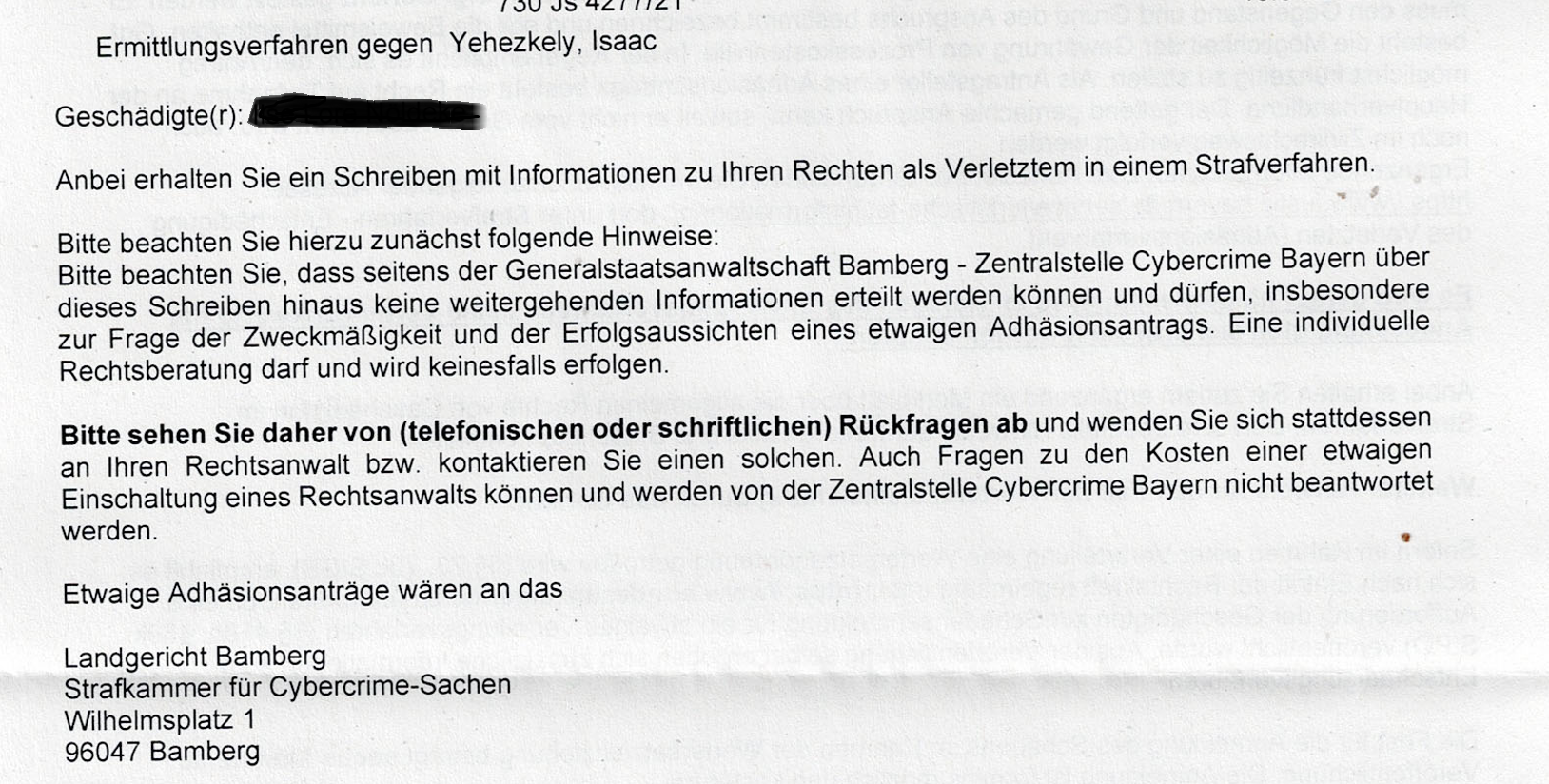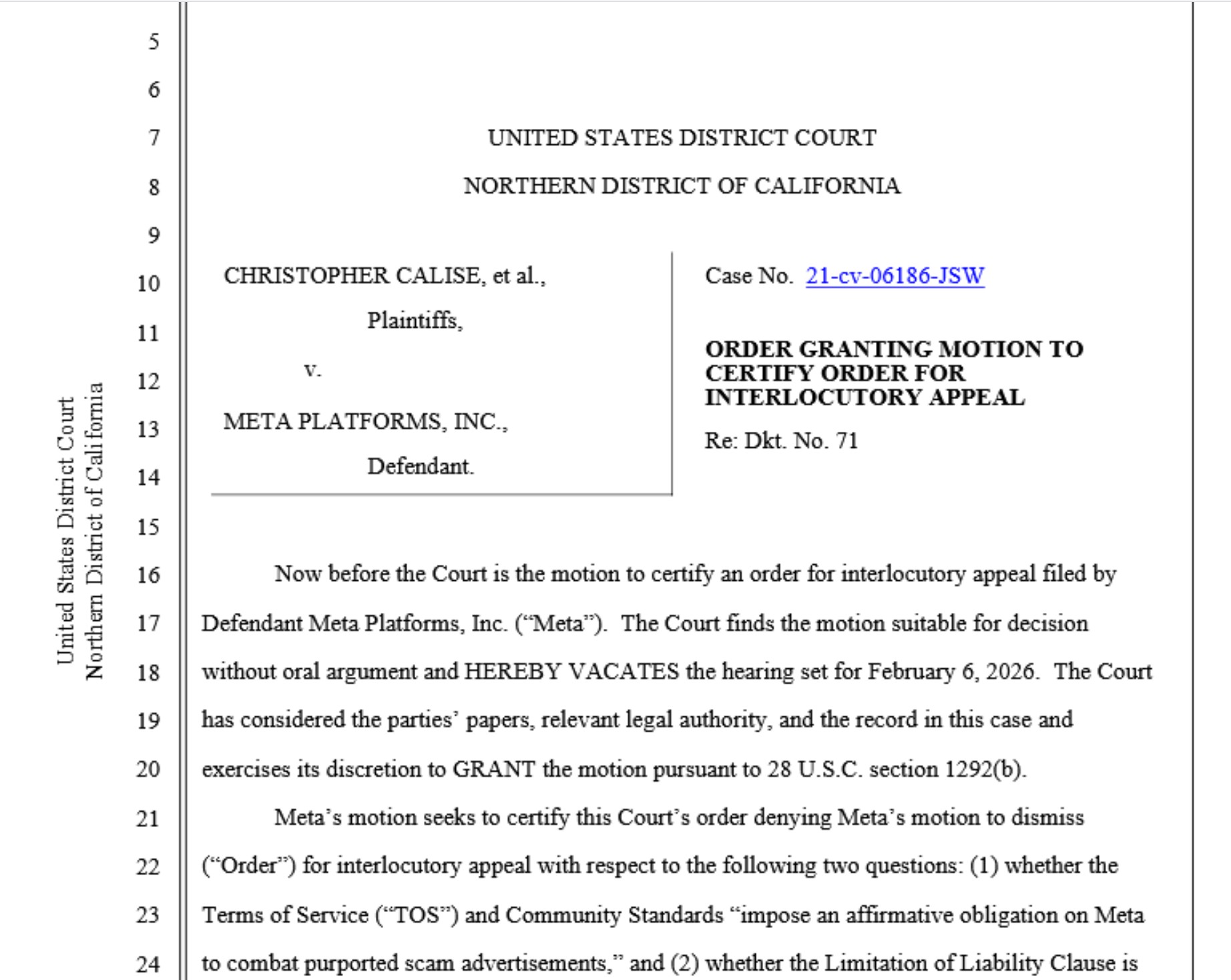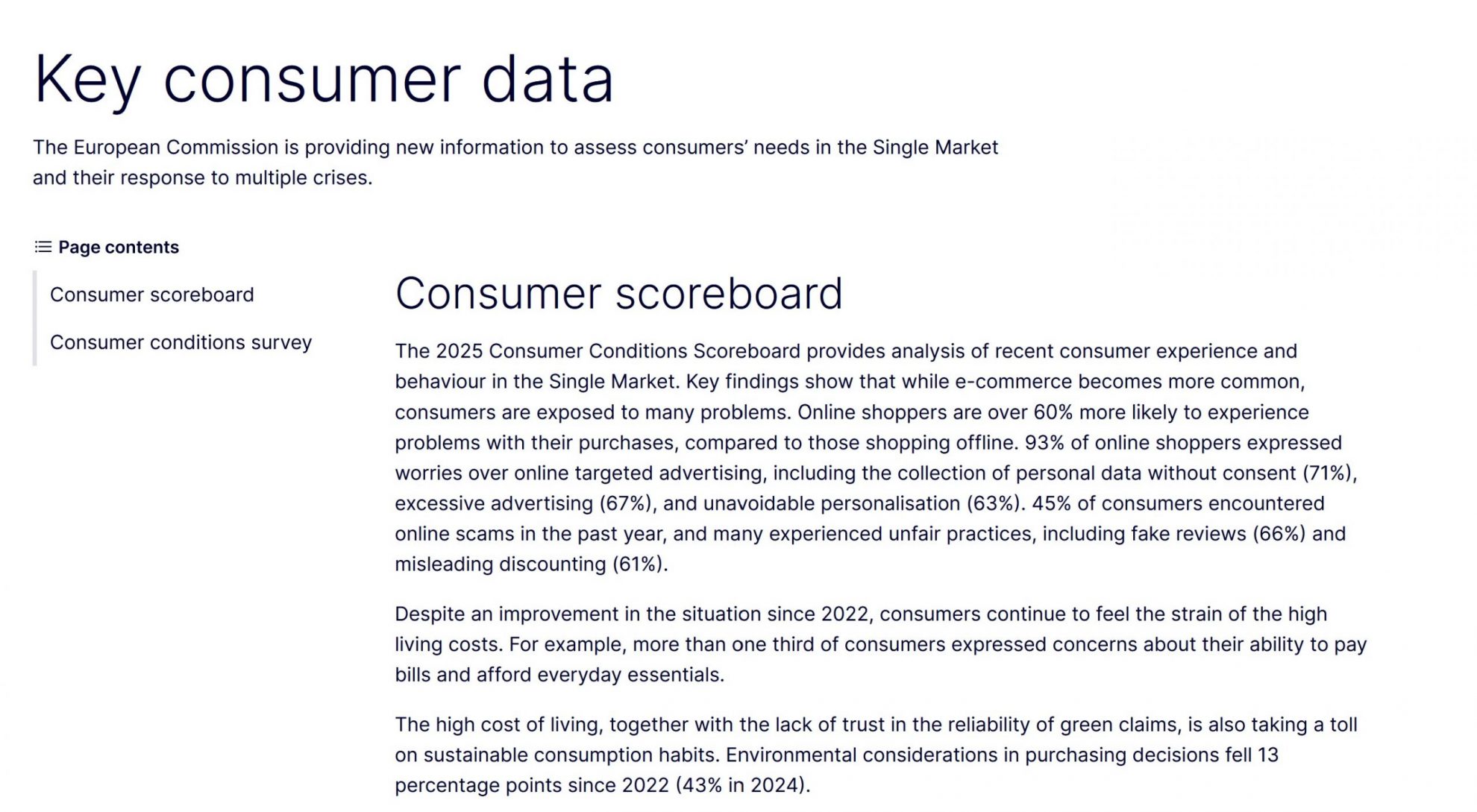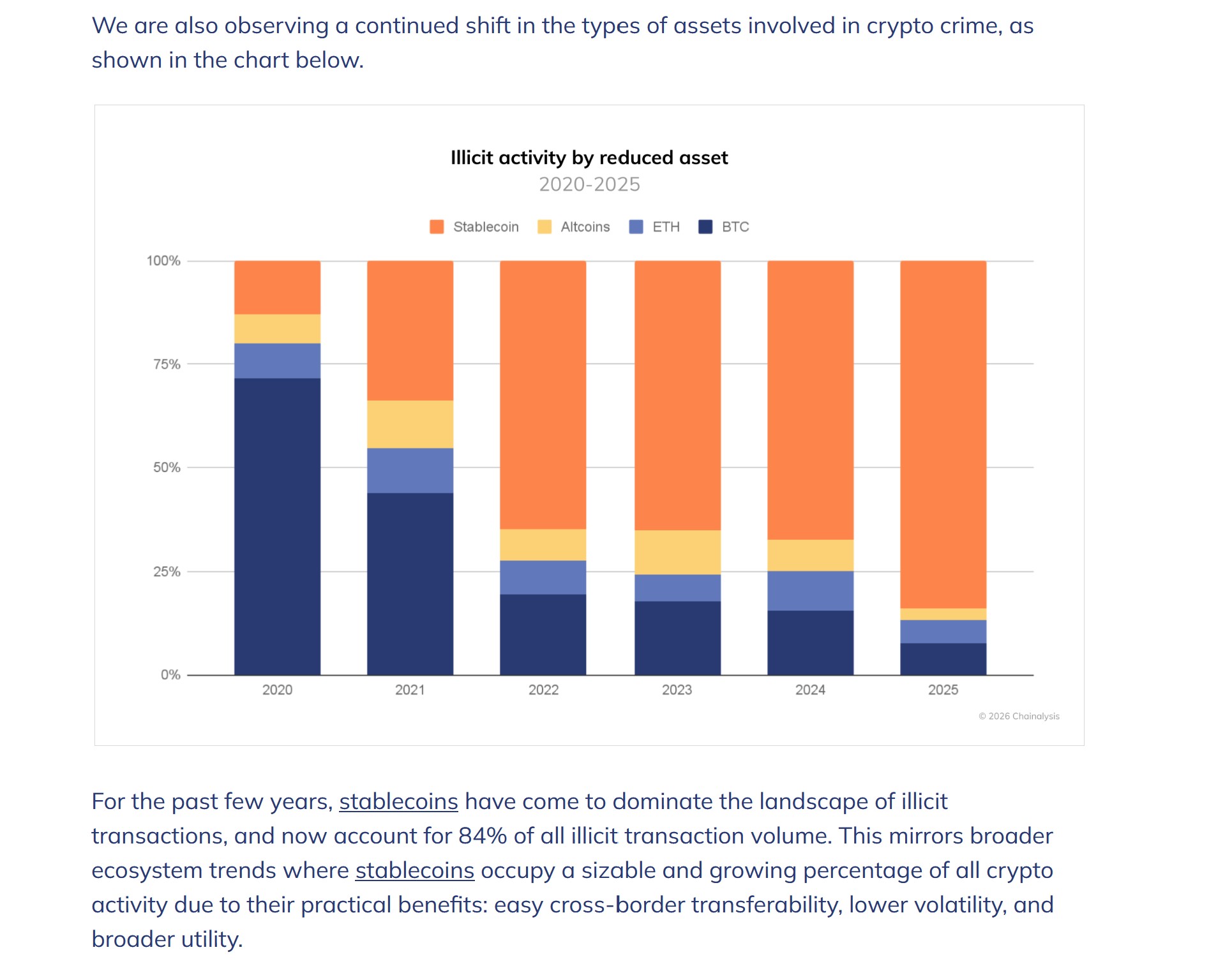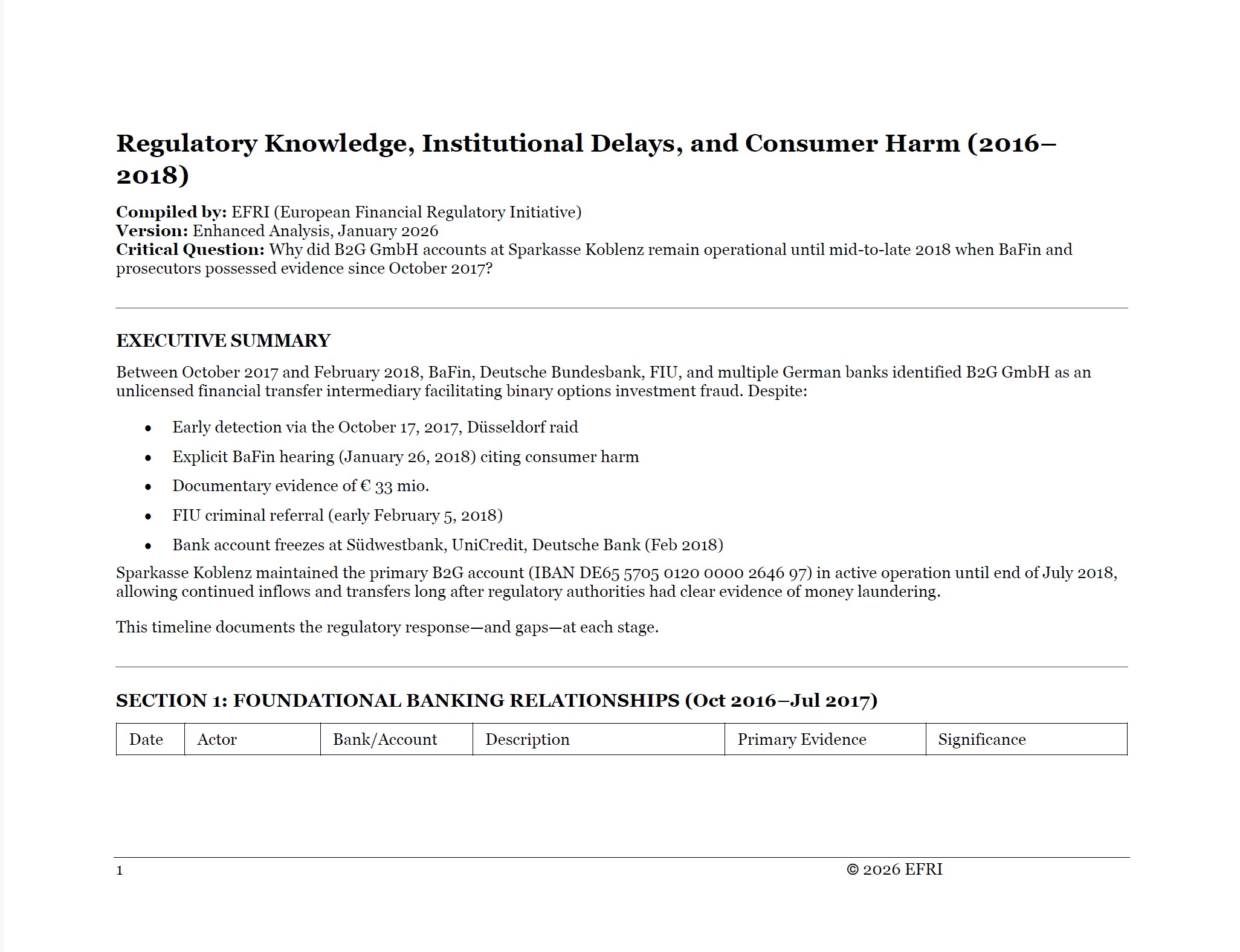The money laundering scandals of recent years in the European Union have shown that the European Union’s banking sector, particularly, remains highly vulnerable to cross-border money laundering. Some late scandals like the #Wirecard scandal in Germany and the #Kobenhavn Andelskasse scandal or the Danske Bank scandal in Denmark made the severe flaws in the supervisory system and its implementation in the Member States evident.
As of 7 May 2020, the European Commission, Executive Vice-President Valdis Dombrovskis, published a new European Union Action Plan to prevent money laundering and terrorist financing. This action plan lists measures the Commission intends to undertake during the next 12 months to harmonize better, enforce, monitor and coordinate EU rules against money laundering and terrorist financing.
The plan aims to close existing loopholes in the anti-money laundering regime and eliminate weaknesses in EU rules.
The action plan consists of the following elements:
- More effective implementation of EU rules in the Member States: Monitoring by the EU Commission (including the initiation of infringement proceedings)
- Uniform set of rules: greater harmonization of money laundering rules to avoid national regulatory discrepancies (replacement of the money laundering directives by EU regulations)
- Supranational supervision, either by the European Banking Authority (EBA) or a new institution to be created at the EU level
- Further coordination and support mechanism for national financial intelligence units (FIUs) in the European Union
- Enforcement of criminal law and exchange of information at the EU level: Judicial and law enforcement cooperation based on EU instruments and institutional arrangements is crucial for an adequate exchange of information. According to the EU Money Laundering Directive, the private sector must support the fight against money laundering and terrorist financing. The Commission intends to issue guidelines on the role of public-private partnerships to clarify and improve data exchange.
- The global role of the EU: actively participating in and promoting international anti-money laundering measures, in particular through the FATF
While most elements of the Action Plan, such as the future cooperation of FIUs, remain still highly vague, the Action Plan provides for two concrete steps.
- The EU Money Laundering Directive, which has already been revised five times since 1990, will be replaced by an EU regulation.
While EU directives require national law implementation before binding on the accountable institutions and companies, an EU regulation has direct effect and validity. Moreover, a directive only defines a minimum standard for the obligations regulated therein. EU regulations have one significant advantage: the legal acts can enter into force more quickly in a one-step procedure. And as the economy changes swiftly right now, an EU-regulations would allow a much faster response to new risks and entry points for money laundering in the financial system throughout Europe.
- Creation of a central European supervisory authority
Creating a European supervisory authority with direct powers is the essential step to undertake. At present, the Member States alone are responsible for monitoring the application of the relevant EU anti-money laundering provisions at the national level, which results in differences in the density and quality of financial supervision. This approach does not work.
In the Action Plan, the Commission has proposed two ways to install this supervisory authority: an EU supervisory authority either through the European Banking Authority (EBA) or by creating a specific EU authority.
With the EBA board being composed of representatives of the national supervisory authorities, the EBA more or less reflects the non-performance of the federal supervisory authorities so far; a new unit would be much more recommendable.


